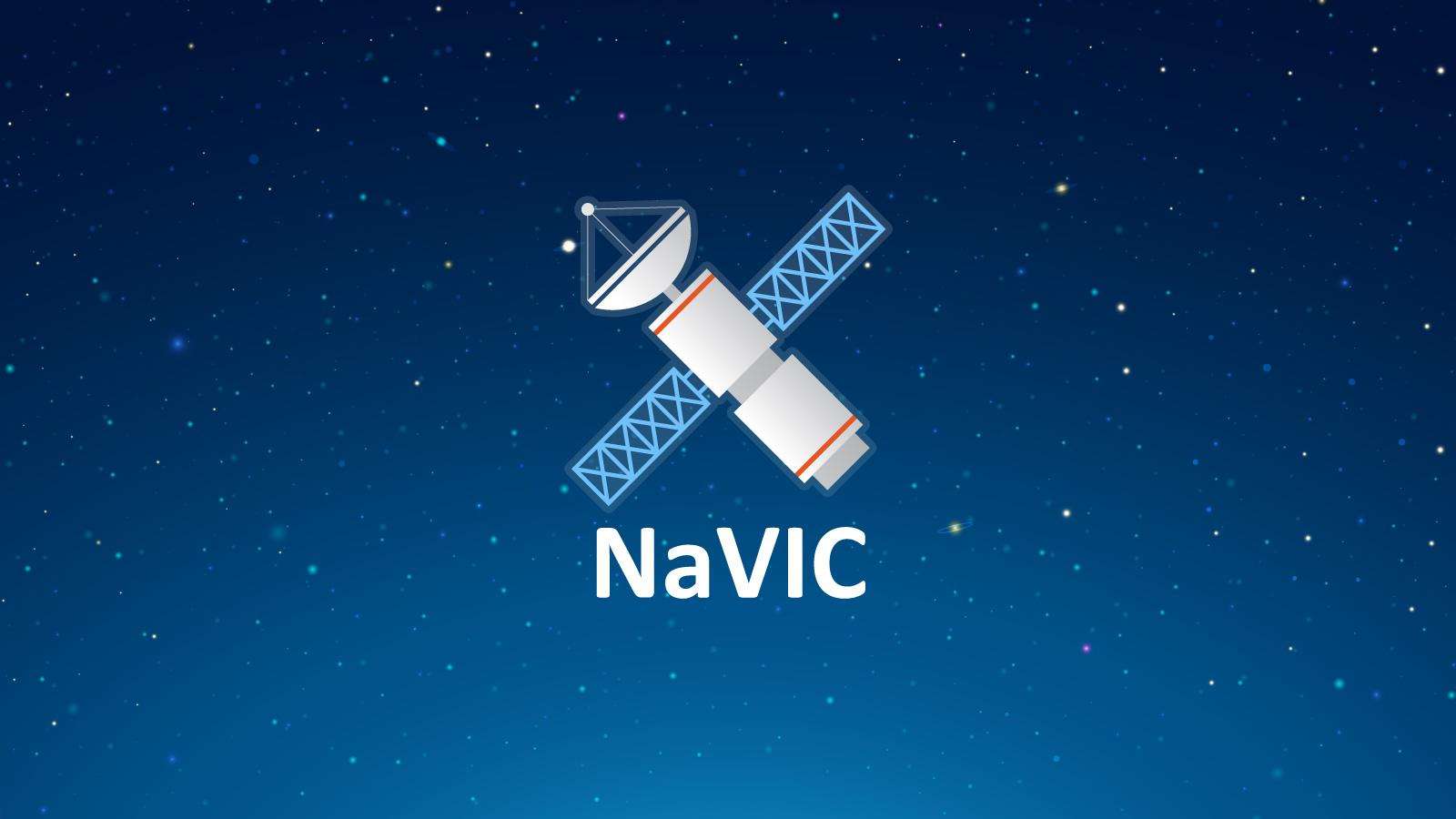The Centre on December 7 informed the Lok Sabha that the usage of the Indian Regional Navigation Satellite System (NavIC system) has increased in India.
“NavIC finds utilisation in national projects like public vehicle safety, power grid synchronisation, real-time train information system, fishermen safety, etc. Other upcoming initiatives viz. common alert protocol-based emergency warning, time dissemination, geodetic network, unmanned aerial vehicles, etc. are in the process of adopting NavIC system,” Jitendra Singh, Union Minister of State (Independent Charge) Science & Technology said in a written reply to a question in the Lok Sabha.
“Many mobile phone models in the country are already having NavIC compatibility. Department of Space is constantly engaged with the manufacturers of mobile phones and chipsets to support them technically for adding NavIC compatibility in their devices,” the Minister said.
NavIC system provides signals for positioning. Applications like Google Maps can utilize the position obtained through NavIC or other similar system and display it on a map or other user interface for easy visualization. Signals provided by NavIC system are agnostic to the end-user application. Hence, a mobile phone which has NavIC compatibility automatically uses NavIC signals when showing position on maps. Performance of NavIC system is at par with the other positioning systems.
The current version of NavIC is compatible with L5 and S bands. This is as per the international frequency coordination and compatibility. The current version has been able to penetrate the civilian sector. The addition of signal in L1 band will help in faster penetration in the civilian sector. The next satellites starting from NVS-01 onwards will have an L1 band for civilian navigational use.
The government is working to launch replacement satellites NVS-01 onwards for the current seven satellite constellation. Simultaneously, studies are underway to work out a suitable configuration to expand the reach of NavIC beyond its current coverage.














